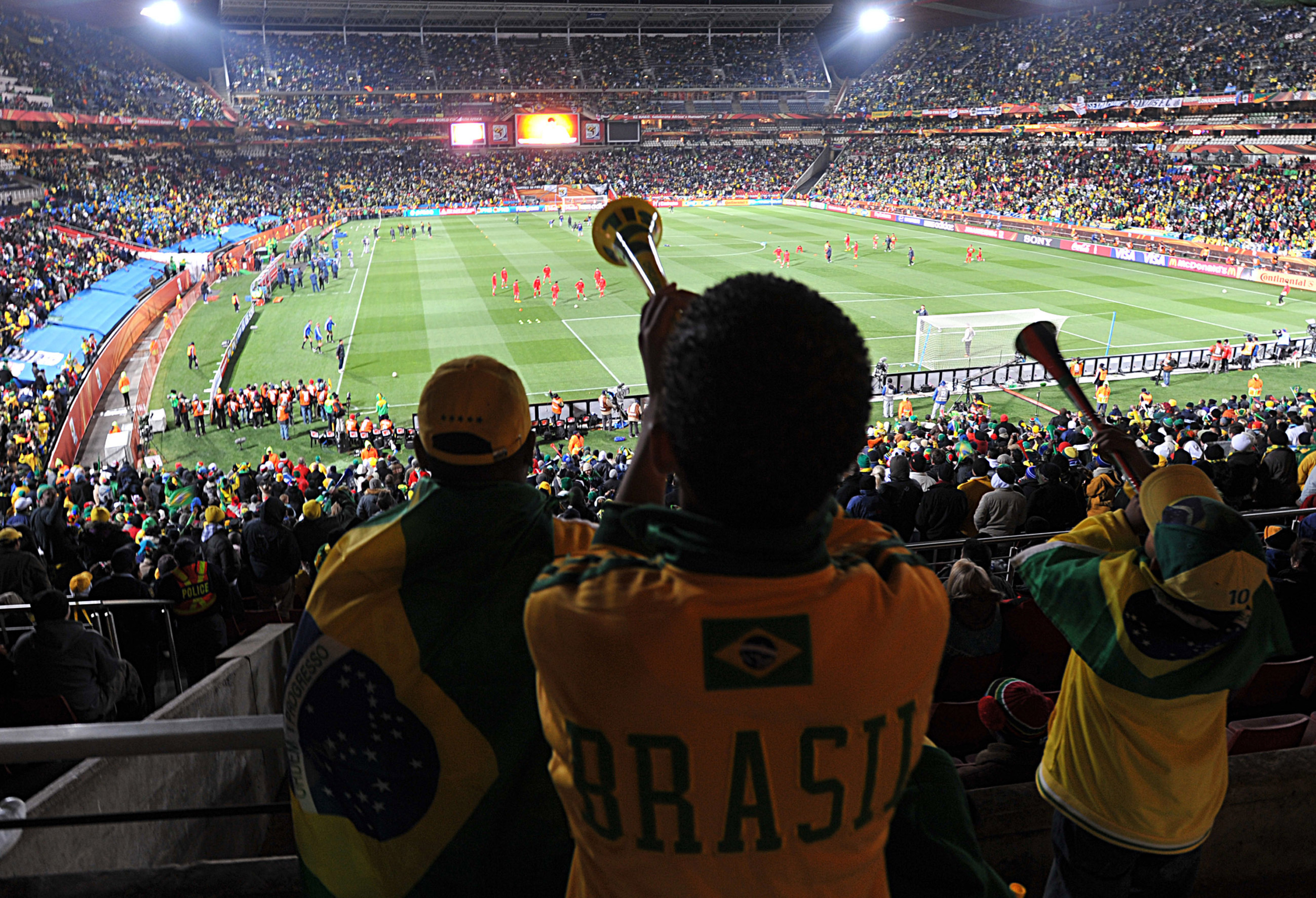As one witty person at ESPN said, ‘Every Four Years, The World Has One Time Zone.’
The kind of rapt attention the World Cup generates, where the world grinds to a halt and billions of people become glued to their phones, tablets and TVs, is a marketers dream. This is why so many of the largest companies spend millions to become corporate sponsors of the Cup to get their logo front and center. But this doesn’t mean small and medium sized businesses are relegated to the sidelines without any recourse. In fact, the World Cup has quite a few lessons it can teach even the smallest businesses about marketing strategy. Here’s where to start:
Follow the Crowd
There are few things that are like watching a game with 80,000 of your closest friends. Everyone is on the same wavelength and has the same goal in mind.
With your marketing strategy, do some research and see what your clients are paying attention to. Is it a specific website or trade publication? If so, find a way to become a guest blogger on that site. If it’s a trade show, make sure you are front and center: get involved and make sure you’re part of the executive committee to put on their next event.
Getting that exposure not only cements your status as an expert in front of your current clients, but it also puts you in front their entire industry.
Pull their heartstrings
Very few things can bring nations of grown men to tears or spark generations to remember where they were for 90 minutes decades later.
Go beyond identifying pain points and your solutions to them. Focus your marketing on getting an emotional response from your target audience.
Be Willing to Shift Your Marketing Strategy
From tough draws and injuries to missteps and howlers, there are always hiccups to the plan. To win, you have to roll with the punches and improvise on the fly.
Marketing, and online marketing in particular, is an ever-changing industry. What was a brilliant white-hat SEO strategy in 2010 will get you delisted today. To stay on top, you need to not only keep your long-term goals in mind but also be willing to change your strategy based on the data you have available. For example, if you’ve stopped getting returns on your Facebook marketing, shift your resources to another platform.
Most importantly, keep at it. The team that is going to win this cup isn’t thinking about hoisting the trophy today; they’re thinking of their next match. Marketing is the same. It can feel like a slog at times (everyone has had the thought, ‘is this blog post really going to bring someone in the door?’) but focusing on doing the best job today is the best way to ensure success over the long-term.
